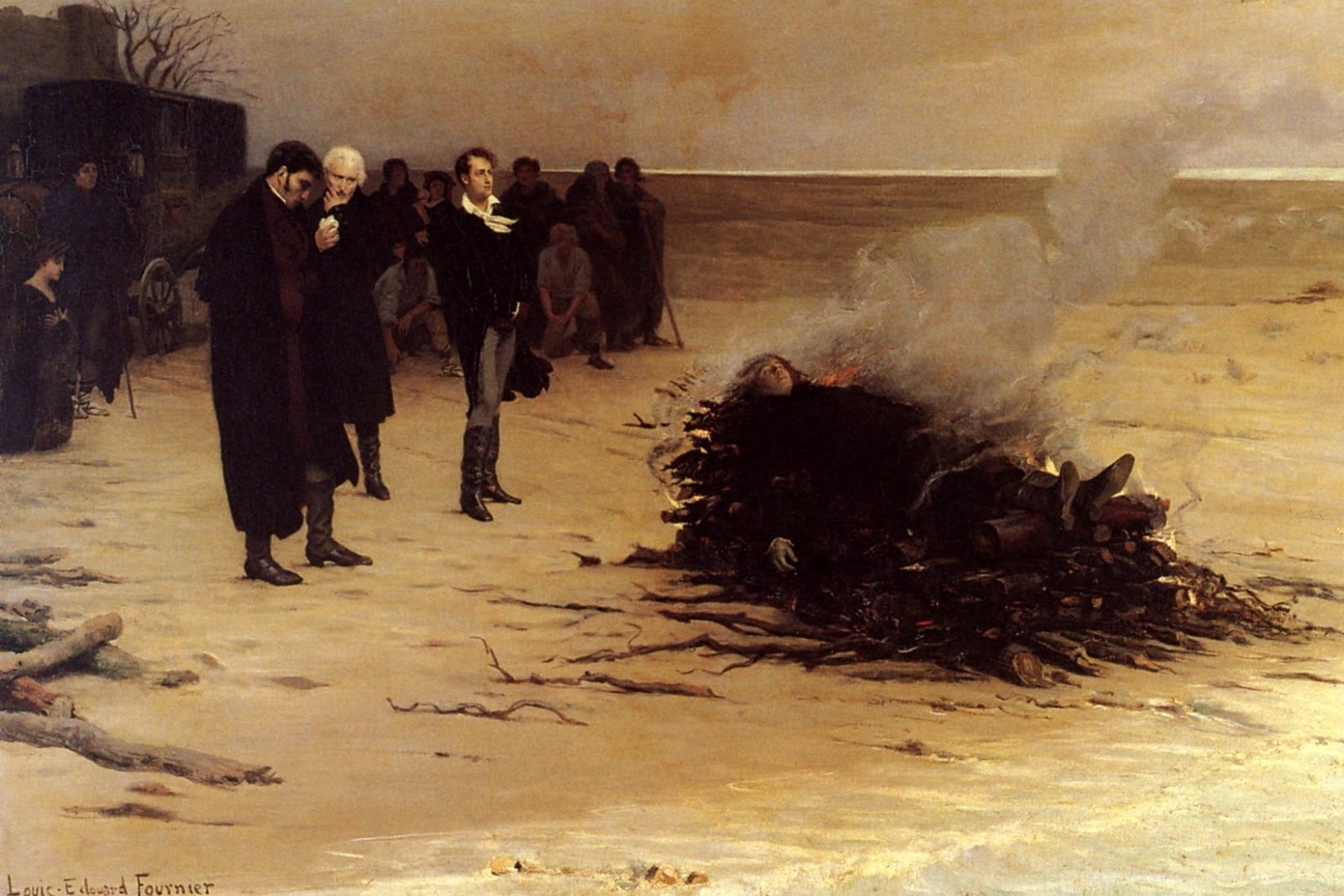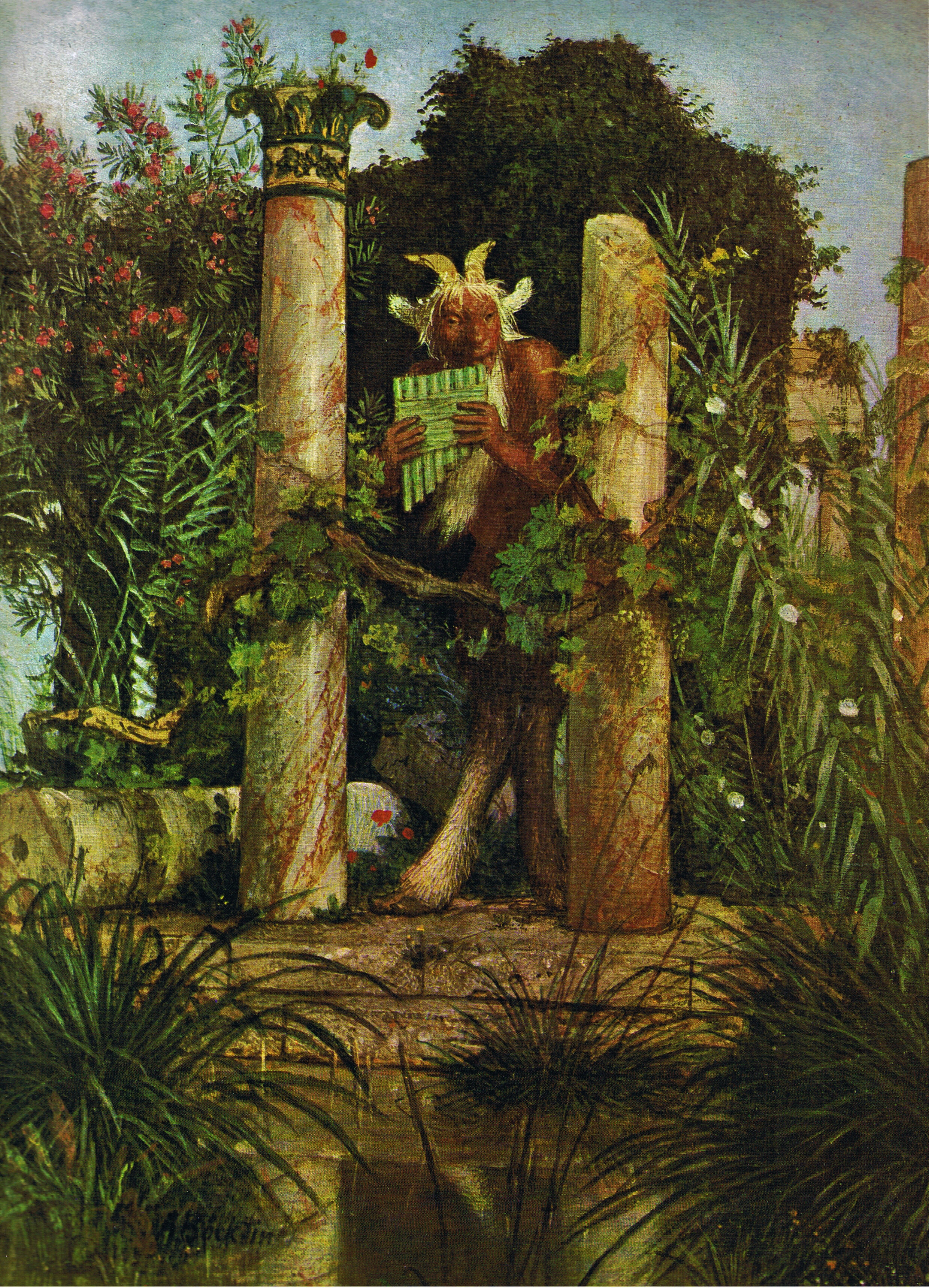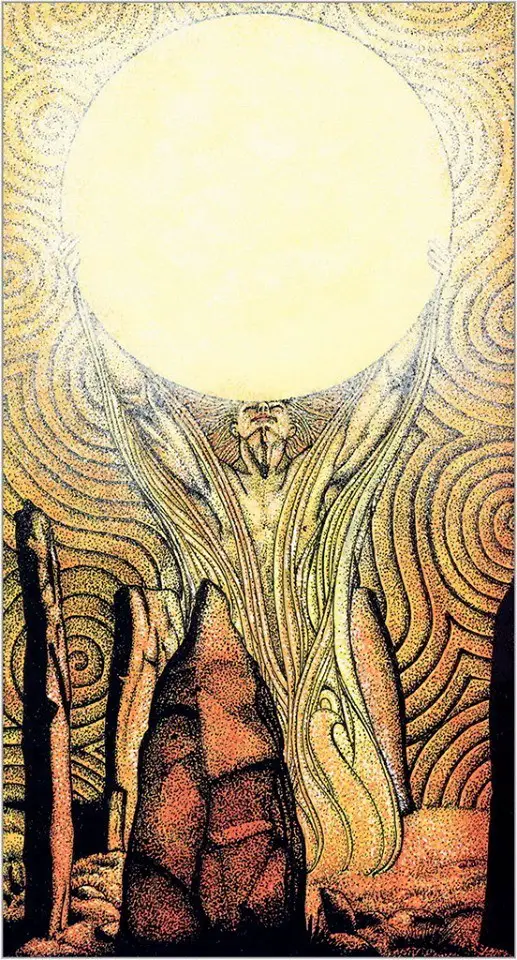di Marco Maculotti
cover: Arnold Böcklin, “Pan, the Syrinx-Blowing”, 1827
We have previously had the opportunity to see that, in the first centuries of our era and even during the medieval era, the cd. "Rural paganism" it kept its diffusion unchanged, especially in the areas further away from the large inhabited centers. St. Maximus noted that "in the fourth century (...) the first missionaries passed from city to city and rapidly spread the Gospel over a very large area, but they did not even touch the surrounding countryside", Then adding that" even in the fifth and sixth centuries, when most of them had long since been converted, in Gaul and Spain the Church, as shown by the repeated canons of the councils of the time, encountered great difficulty in suppressing the ancient rites with which peasants from time immemorial averted plagues e they increased the fertility of the flocks and fields"[AA Barb, cit. in Centini, p.101].





